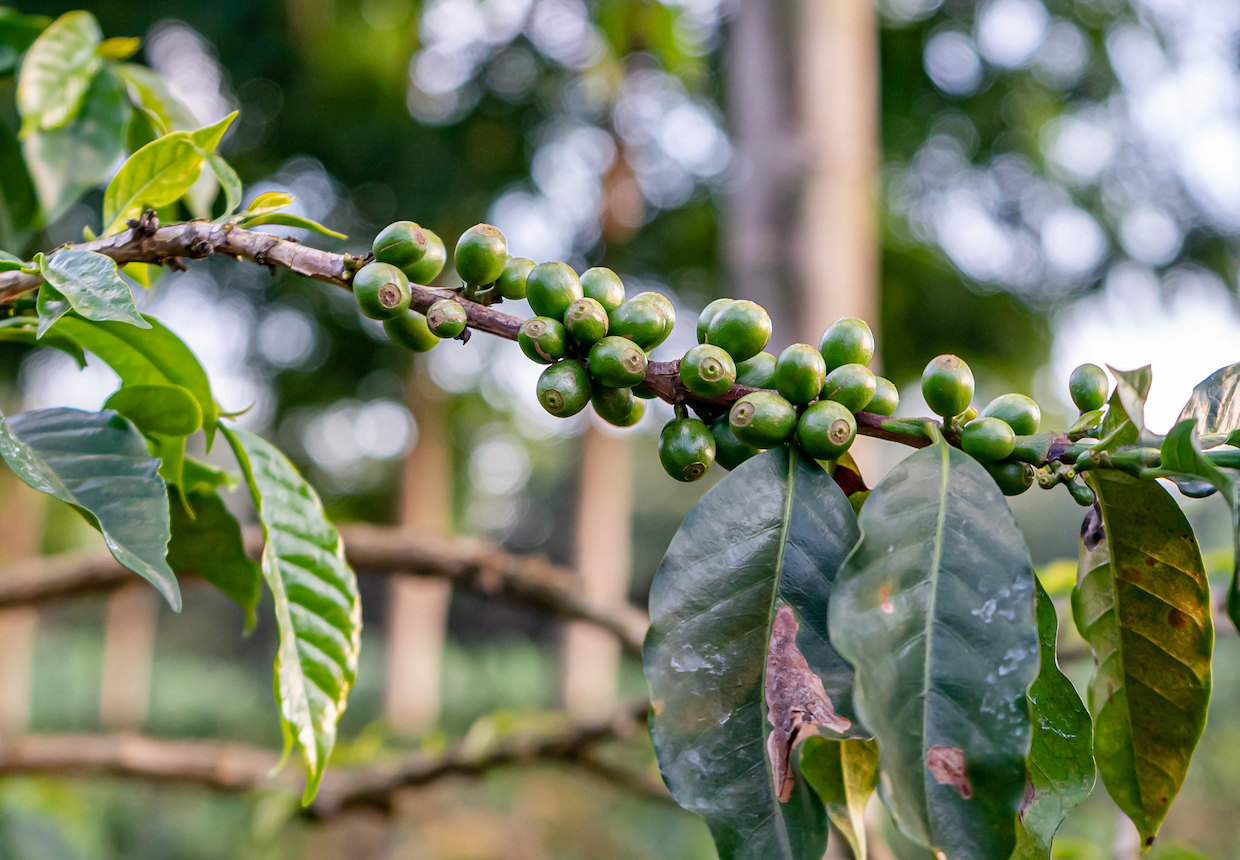
“Karatu, Tanzania” by Ninara31 is licensed under CC BY 2.0.
Coffee production in Tanzania is expected to increase by more than 20% in the market year 2023/24, due to improved weather conditions and fruitfulness from coffee plants introduced by the government in 2018.
With the increased green coffee supplies, exports of Tanzanian coffees are expected to increase approximately 13% to 1.27 million bags, representing approximately 94% of the annual production volume, according to the most recent USDA Foreign Agriculture Service (FAS) report on the Tanzanian coffee sector.
[Note: This is part of a series of DCN stories exploring the FAS coffee annual reports. The U.S. information agency is currently scheduled to deliver 16 annual country-level reports on the coffee sector. Each of those reports come from different authors and field offices.]
Recovery from drought conditions, combined with the highest production period in the natural cycle of new arabica trees, is driving the production spike, according to the FAS report.
“In 2018, the Government of Tanzania (GoT) supported distribution of high-yielding Arabica coffee seedlings which replaced older varieties in existing plantations,” the Tanzania post stated. “These seedlings have since matured and are poised to enter the highest-yielding period of their three-year cycle.”
Country-wide, the amount of planted area remains largely the same, as new seedlings are replacing aging trees in both arabica- and robusta-producing regions.
“The [Government of Tanzania] continues to implement its 2021-2025 coffee development strategy,” the report states. “Under this strategy, the GoT has set a goal of providing 20 million new seedlings to farmers every year… Coffee seedlings are primarily supplied by the Tanzania Coffee Research Institute (TACRI); however, distribution of seedlings through the institute has historically been constrained due to lack of funding for seedling production.”
Tanzania’s top coffee export markets are, in order of volume: The EU, Japan, the United States, Morocco, Russia, South Korea, India, Australia and South Africa. According to the FAS, coffee is Tanzania’s most important cash crop, contributing to the incomes of 6-7% of the population.
Small-scale coffee farmers account for approximately 90% of the country’s green coffee production.
Said the FAS post, “In general, inefficient use of farming inputs such as fertilizer, poor agricultural practices, and limited credit access hinder coffee productivity in Tanzania.”
Does your coffee business have news to share? Let DCN’s editors know here.






Comment